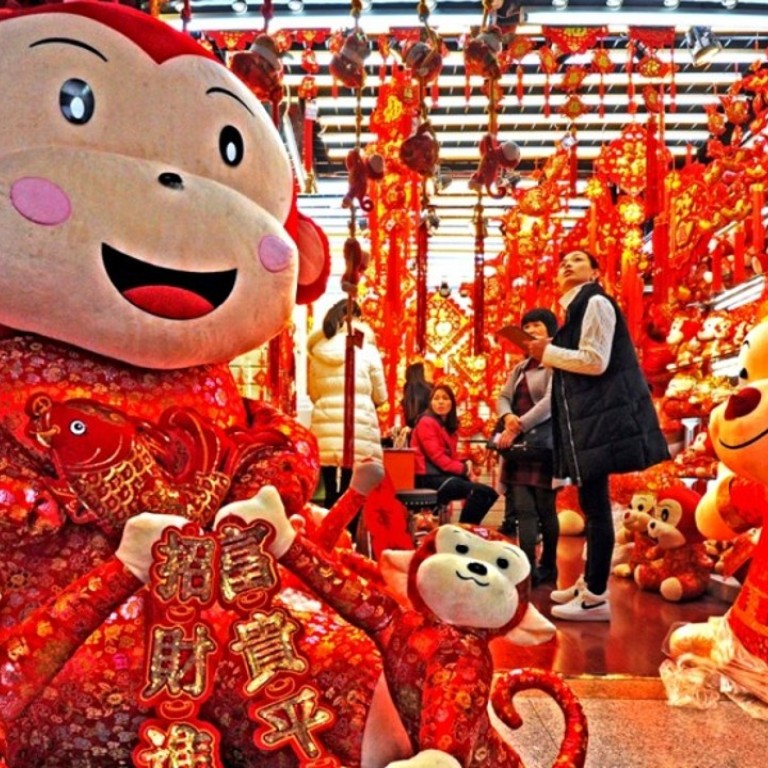
Uber the moon: ride-hailing app posts 1,000 per cent jump in rides taken by Chinese customers over Lunar New Year
Car-hailing giant still dwarfed by rival Didi Chuxing in China, but Chinese user base seems to be growing healthily in various markets
While China’s Didi Chuxing dominates the country’s fast-growing ride-hailing market, San Francisco-based rival Uber claims to have made big strides in serving Chinese holiday makers overseas during the Lunar New Year break earlier this month.
Uber said on Tuesday it recorded a 1,000 per cent increase in the number of rides hailed overseas by mainland Chinese users of its mobile app during the two-week holiday period from February 5-19.
The American company said people from mainland China used its app to make trips in 319 cities across 65 countries and territories during the Lunar New Year holiday, compared with 175 cities in the same period last year.
More than 1,000 Uber users from mainland China hailed rides in two or more countries during the holiday break this month, it said.
The impressive Lunar New Year figures, however, provide small comfort for Uber in China, where it is burning plenty of funds to stay competitive against Didi.
Uber chief executive Travis Kalanick last week told Canadian technology news site Betakit that the company was “losing over US$1 billion a year in China”.
Despite this, foreign media reported last month that it had injected fresh funds into its local unit that valued it at around US$7 billion.
Uber, which is backed by Chinese online search giant Baidu, did not disclose the comparative breakdown of trips made by its users during the Chinese festive season last year and this year.
“The results demonstrate how Chinese Uber users are increasingly taking advantage of Uber’s unparalleled scale and network,” the company said.
The company was formerly known as Didi Kuaidi before it rebranded last September and adopted the word chuxing - Putonghua for “commute” - to represent its expanded portfolio of at least seven services including private cars, taxis, car-pooling, shuttle buses and corporate services.
According to data from the China Internet Network Information Center, Didi holds an 87.2 per cent share of the mainland’s private-car hailing market. It had more than 250 million domestic users of its app as of November.
The top-10 cities globally in which Uber users from mainland China hailed rides last year were: Hong Kong, Taipei, Los Angeles, Singapore, New York, San Francisco, Macau, London, Bangkok and Sydney, according to the company.
The most number of Chinese holiday makers who used Uber outside of China came from the following six cities: Shanghai, Beijing, Guangzhou, Shenzhen, Hangzhou in eastern Zhejiang province and Chengdu in southwestern Sichuan.
One registered user from Shanghai made over 50 trips in various countries during the Lunar New Year holiday period - the most rides made by any of the app’s user base over that fortnight, Uber said.
It said the longest journey taken by one of its Chinese customers during that period was made by a person from Chengdu who travelled to the United States and then hailed a ride in Florida for a single trip spanning 360 kilometres.
Meanwhile, the company took more flak this week over the quality of its background checks after one of its drivers in Kalamazoo, Michigan stands accused of going on a shooting rampage that left six people dead and two injured. The man reportedly kept taking Uber fares between the killings.

